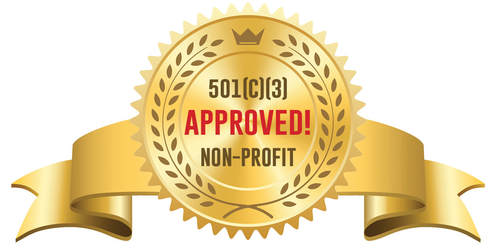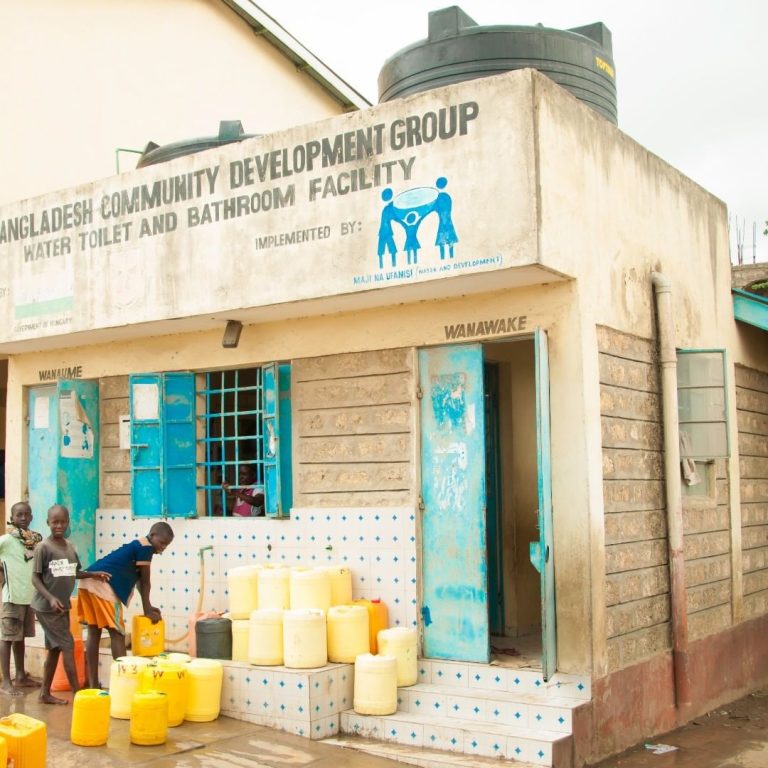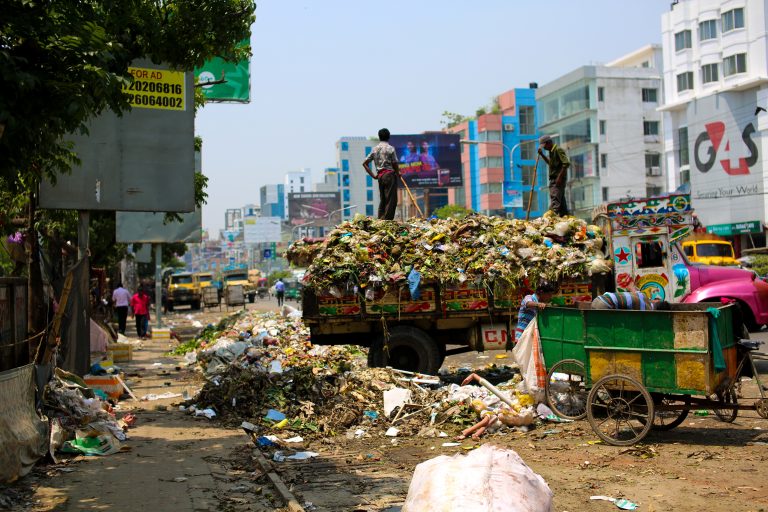Introduction
Providing access to clean water and sanitation services is essential for community health and well-being, yet it remains a significant challenge in many urban informal settlements.
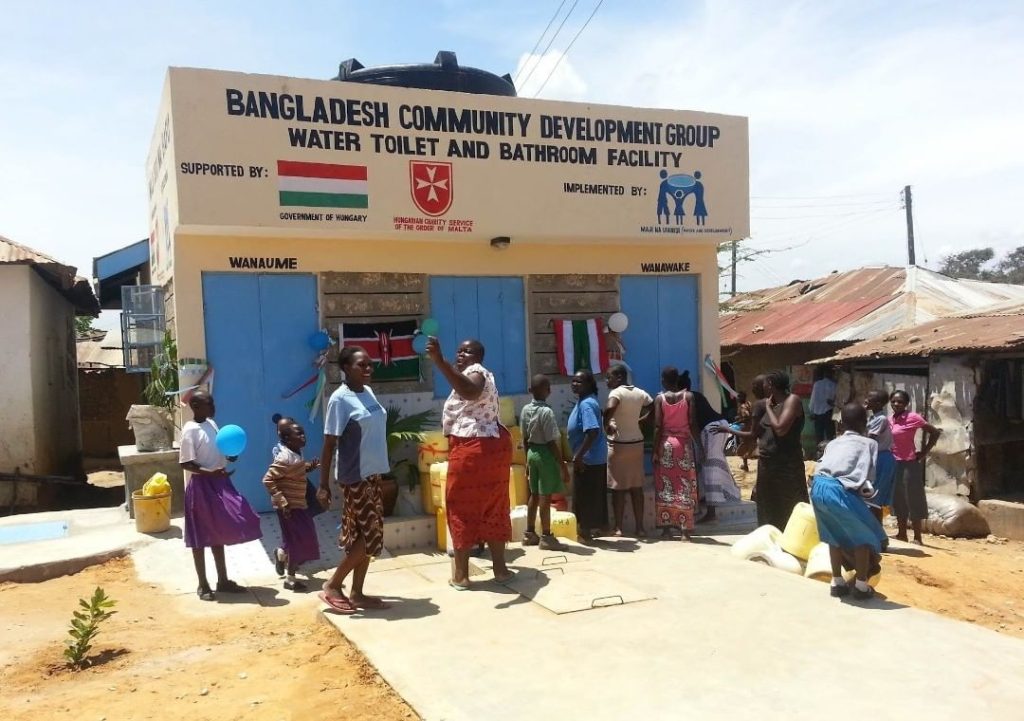
Maji Na Ufanisi, a Kenyan NGO, proposes a solution to this problem through the Water, Sanitation, and Hygiene Enterprise Model (WASHEM).
WASHEM leverages public-private partnerships, community involvement, and social enterprise to deliver sustainable WASH services tailored to local needs while addressing environmental and sustainability challenges.
This concept note explores the potential of WASHEM to revolutionize WASH services in urban informal settlements in Kenya and seeks partnerships to bring this solution to scale.
The Rationale for Sustainable WASH
Access to safe water, basic sanitation, and good hygiene practices is a fundamental human right. It not only improves health outcomes but also has broader development gains.
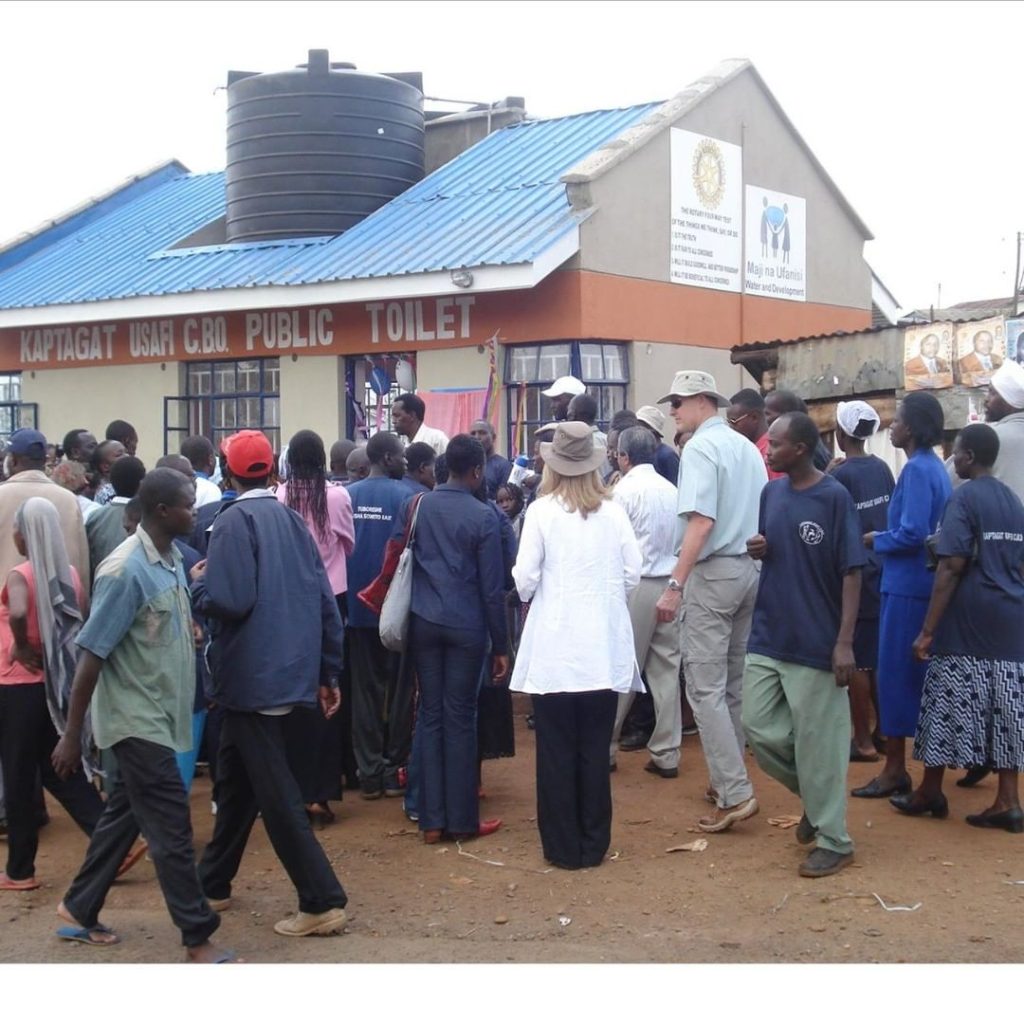
SDG 6 targets improving WASH access, which is crucial for achieving SDG Goal 3, enabling people to live healthier lives, particularly women and children.
Access to basic sanitation, hygiene practices, safe drinking water, and adequate water for cooking and washing food can prevent water-related diseases, other illnesses, and even deaths, especially in children.
Additionally, improving WASH services can enhance access to education and economic development, two critical SDGs (Goals 4 and 8).
The disease burden caused by poor WASH undermines people’s ability to participate in school and work, costing households money through lost work due to illness or the need to supervise sick children.

Improving community and school WASH services can benefit girls’ and women’s access to education, as they can attend school instead of collecting water. Investing in sustainable WASH is a human right imperative and a crucial driver of broader development outcomes.
WASH Challenges In Informal Settlements
Access to WASH services in urban informal settlements and public spaces is crucial for public health and community development. Poor sanitation services can result in poor health outcomes for marginalized people, which can have a negative impact on their income.
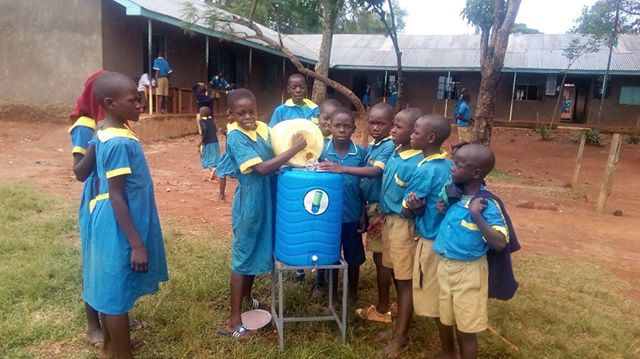
Additionally, the availability of quality WASH services can increase community health, education, and employment opportunities.
To effectively address WASH challenges in informal settlements, it is essential to consider three key elements: access to safe water supply, access to basic sanitation facilities, and changes in hygiene behavior.
Improving access to safe water and basic sanitation is a foundational step but not enough. For the benefits of improved WASH to be fully realized, people must use services properly and practice good hygiene habits such as hand washing with soap.
Promoting behavioral change within schools and communities is crucial to achieving this.
It is also important to consider these improvements’ sustainability and shift focus from infrastructure to service delivery, including long-term maintenance and management. However, poverty, cheaper cartel-controlled water sources, and lack of knowledge on how to cost water can present challenges to sustainability.
To achieve SDG targets in the WASH sector, sustained improvements in access and behavior are essential.
However, anecdotal evidence suggests that 50% and 70% of publicly funded WASH facilities in urban informal settlements and schools are not fully functioning one year after construction. About 30% of new public toilets are abandoned within one year. Climate change is also likely to worsen these figures.
To address these challenges, changes in practices are required from a wide range of stakeholders in the WASH sector, including government agencies, NGOs, and water sector corporates.
Maji Na Ufanisi is seeking funds to scale up the WASHEM model and promote partnerships among WASH sector actors to support the scaling of sustainable WASH practices in urban informal settlements in Kenya.
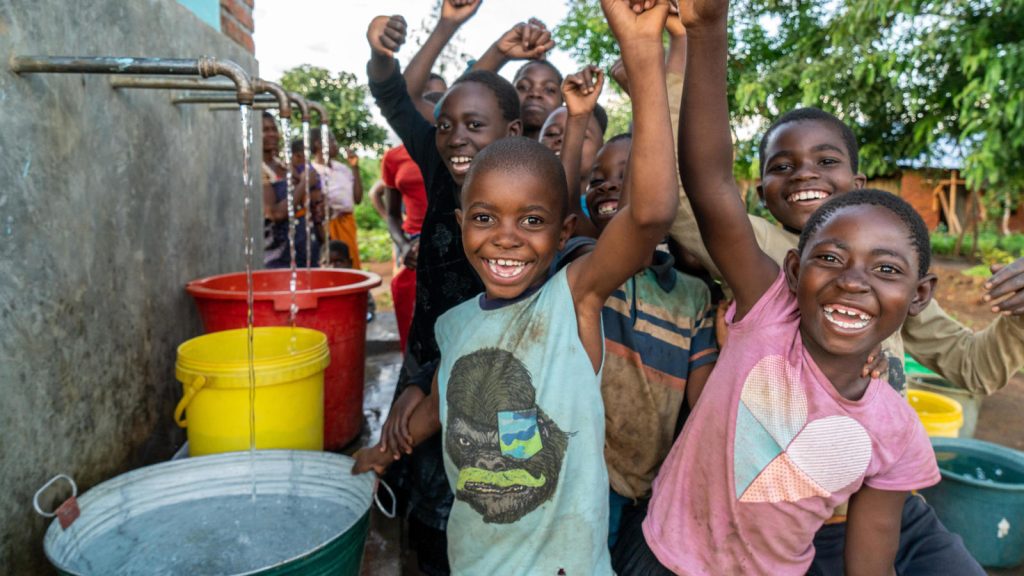
WASHEM Model
Background
The Water, Sanitation, and Hygiene Enterprise Model (WASHEM) was developed based on the lessons learned from the Global WASHES project in Silanga, one of the informal settlements in Kibera, Nairobi, Kenya.
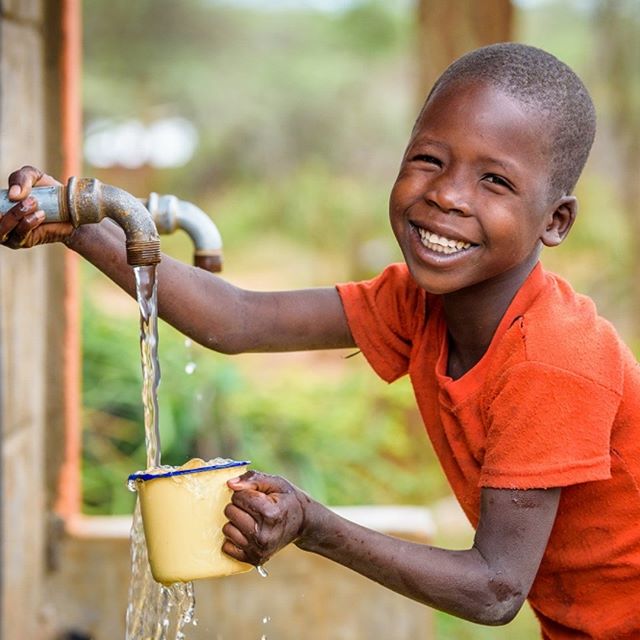
The project faced several challenges, including limited community buy-in despite capacity-building efforts, unpreparedness for the user-pay concept, low support from local authorities and service providers, and a lack of effective monitoring and evaluation systems for WASH facilities.
Maji Na Ufanisi, building on the experiences from the Global WASHES project, has developed the WASHEM model that leverages three models, namely:
- Public-private partnerships
- Public participation
- Social enterprise.
The PPP model involves private sector actors as funding or supply chain actors, ensuring community buy-in.
In contrast, the public participation model allows for community decision-making and long-term capacity building. The social enterprise model focuses on youth and women empowerment and improved livelihoods, aiming to reduce petty crimes and improve WASH sustainability.
To address environmental governance, Maji Na Ufanisi designs green WASH facilities that use renewable energy, such as solar and biogas, for heating and cooking.
Proper waste management fosters a healthier environment, improving the quality of life for communities and creating open spaces for children to play.
WASHEM Stakeholders
WASHEM is a collaborative effort involving County Governments, local communities, Civil Society, and the private sector, with Maji Na Ufanisi providing technical support.
The goal is to rehabilitate existing public toilets and hand them over to rehabilitated youths for management. Additionally, using the PPP approach, WASHEM advocates for designing and building new WASH facilities in public spaces.
The County Government provides land, and the private sector funds the WASH facility. Maji Na Ufanisi then uses the build, operate, and transfer approach to hand back the facility to the County Government once the investors have recouped their investment.
The three models, Public-Private Partnerships, Public Participation, and Social Enterprise, are crucial to the success of WASHEM.
The PPP model allows the private sector to support the government in improving service access using a social enterprise model.
Public Participation brings community buy-in, while social enterprise focuses on rehabilitating and empowering youth, women, and people living with disabilities (PLWDs) through training and employment.
These models make WASHEM sustainable. Finally, the involvement of NGOs and the government’s public health sector promotes effective hygiene processes, such as school WASH.
Success Story
WASHEM has successfully established self-sustaining WASH systems in urban informal settlements in Kenya, with a pilot project launched in Mombasa County’s Kongowea market in 2014.
From this>>>
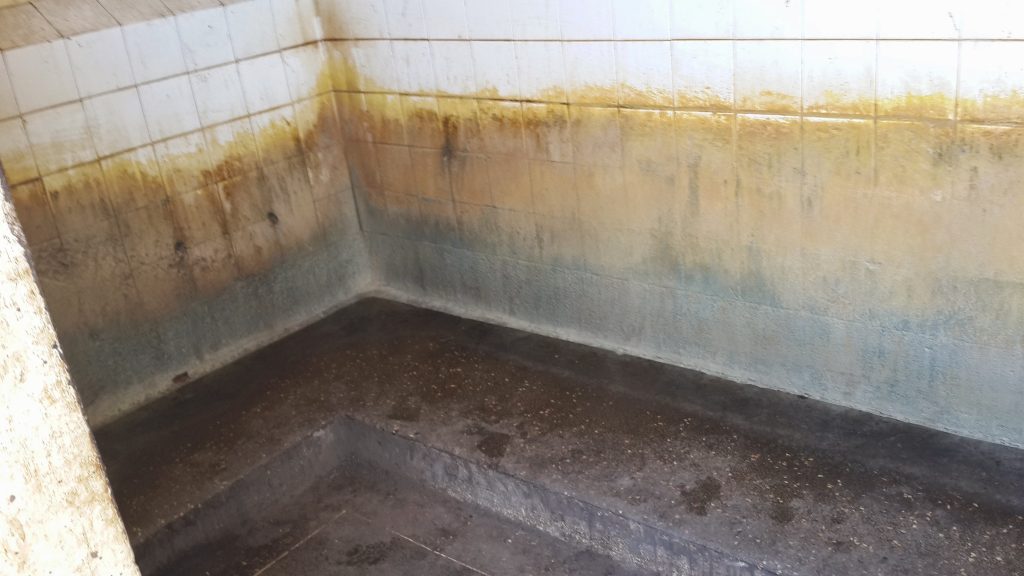
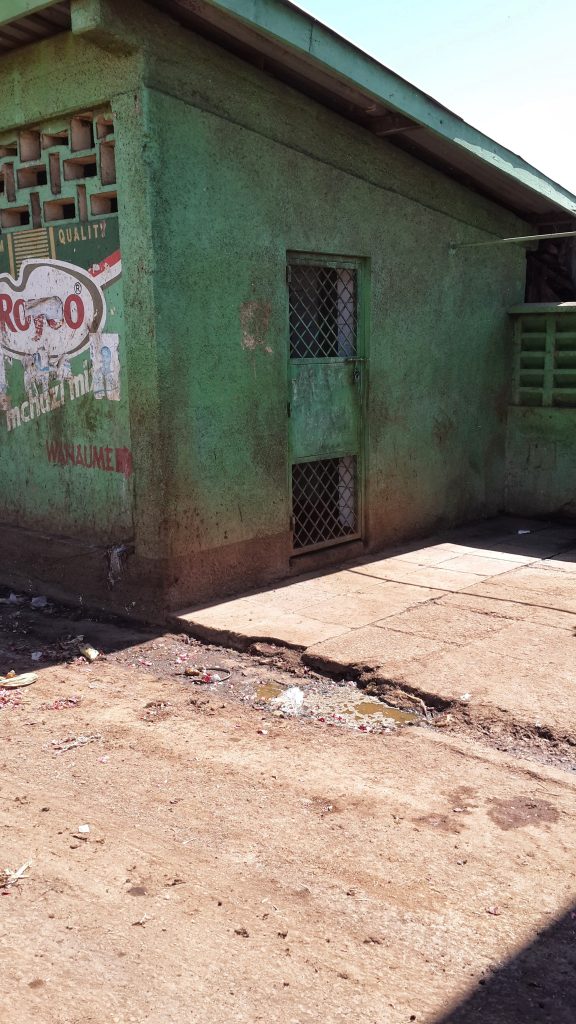
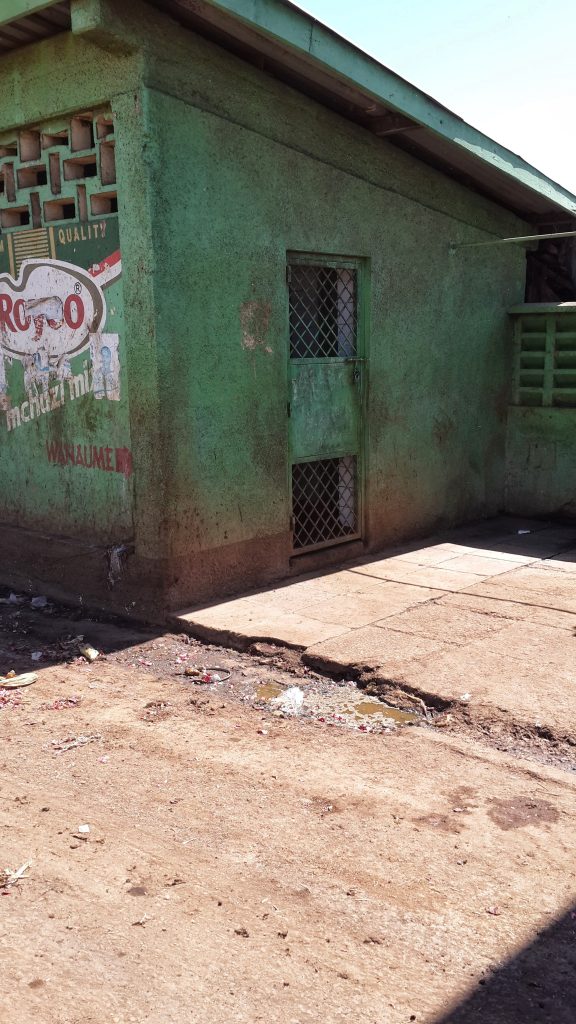
To this>>>
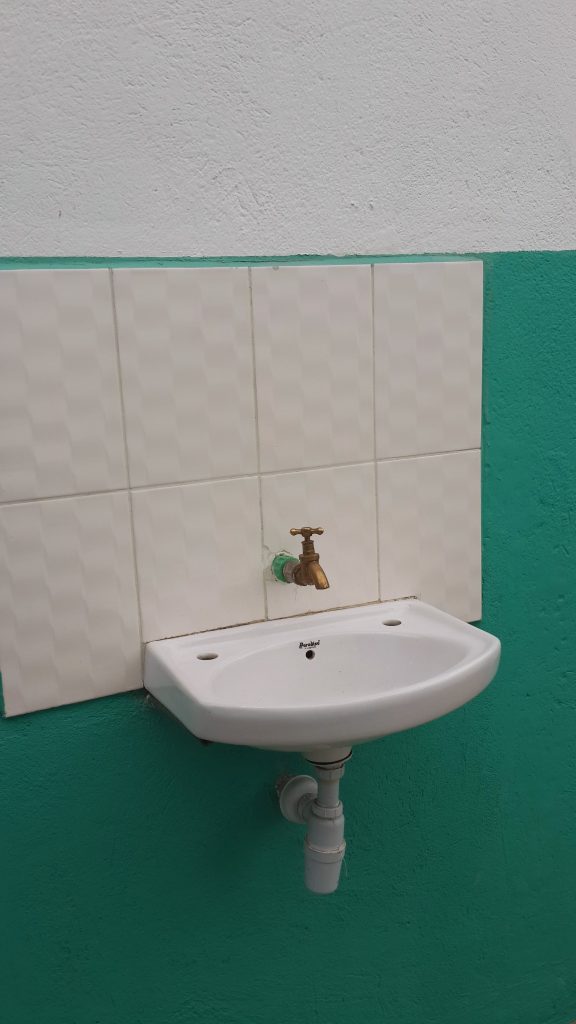
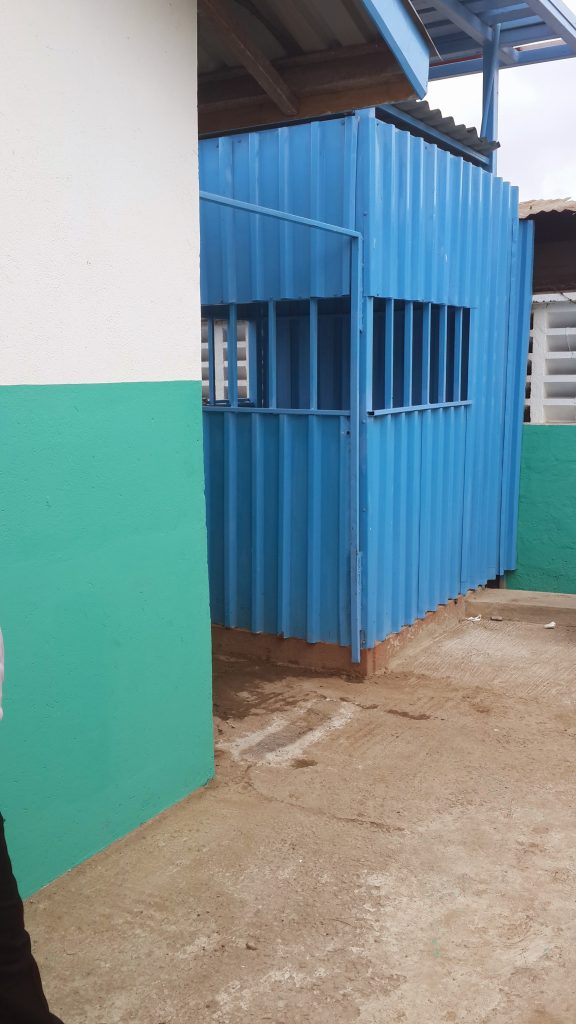
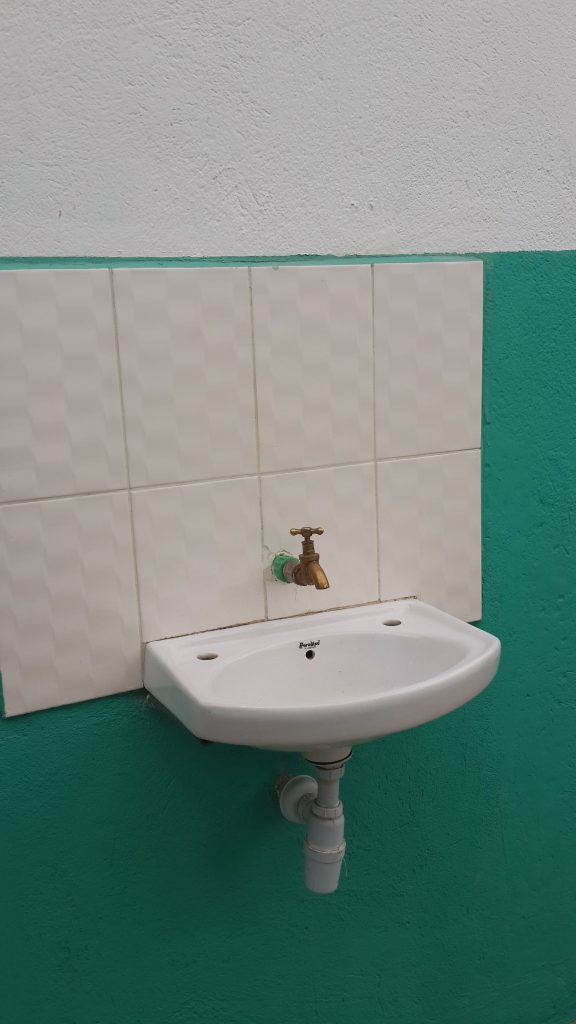
The project involved the rehabilitation of 60 public toilets in the area, which were redesigned to be disability-friendly and handed over to youth groups for management. These young people were trained in basic business skills to manage the facilities effectively.
The WASHEM model has been replicated in public spaces such as public markets, recreation sites, and public spaces like Mama Ngina, Railways, Townhall, Nakumatt, Buxton, Pirates Beach, Likoni bus parks, and Makadara, all within Mombasa County, Kenya.
This model provides employment opportunities for youths and offers safe and clean WASH facilities to women, people living with disabilities, and the general public.
The project’s success in the Kongowea market was recognized by the African Ministers’ Council on Water (AMCOW) and UNICEF, who awarded it first place out of more than 900 competing projects in May 2015. The project’s most notable aspect was its innovative approach to transforming former street children into responsible custodians of the rehabilitated WASH facilities.
In Mombasa, the WASH facilities generate KES 25,000 (US$ 250) daily using a pay-per-use revenue model, demonstrating the sustainability of the WASHEM model.
How it Works / Theory of Change
The WASHEM model identifies existing WASH facilities or the need for new ones through collaboration between County Governments and Maji Na Ufanisi (MnU), a non-profit organization. MnU then mobilizes private sector actors to rehabilitate or build new facilities on land provided by the County Government.
MnU operates the facilities using an enterprise model, generating revenue while empowering communities to make WASH sustainable through youth employment, training, and mentorship. After paying back private investors, MnU hands the facilities to the community or the public.
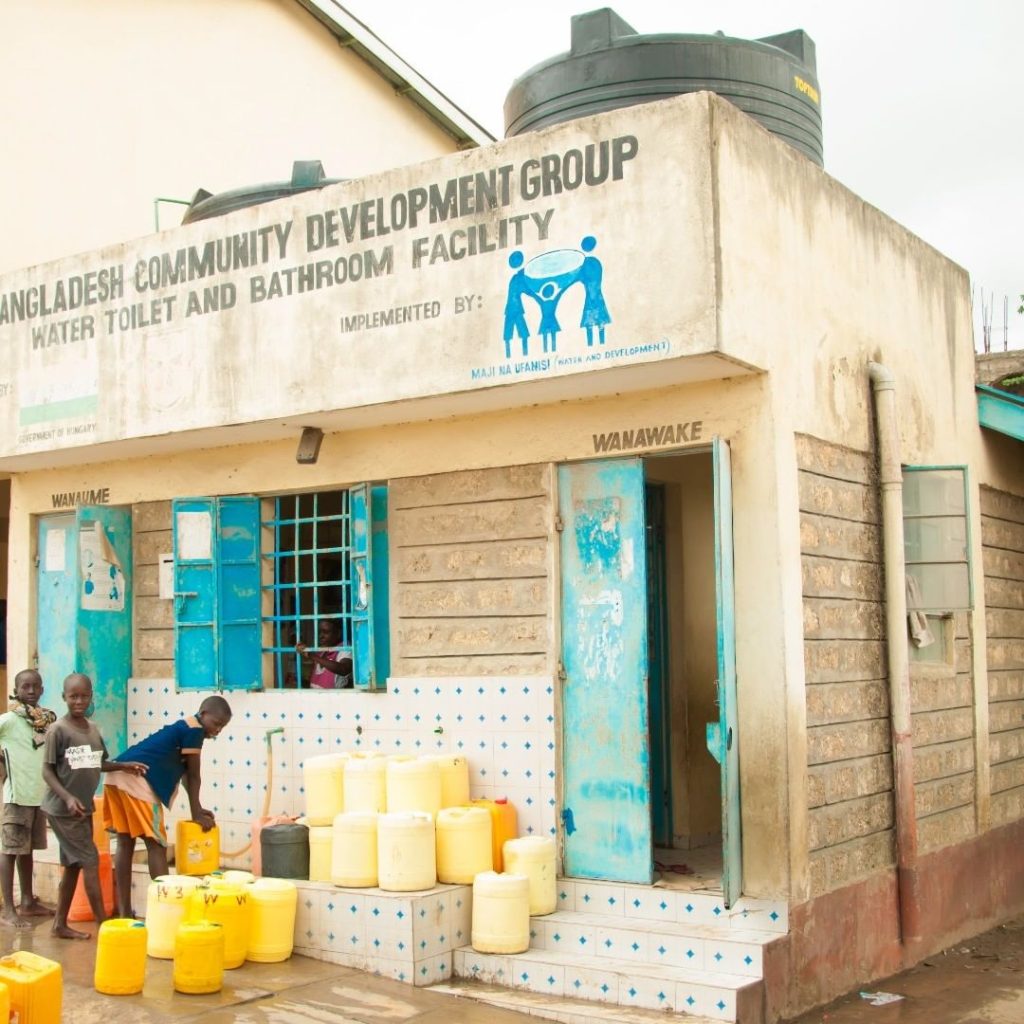
The benefits of the WASHEM model include accessible services, free government budgets redirected to primary sectors, youth employment, empowerment, behavior change among communities through knowledge of WASH practices, and sustainability.
MnU uses universal design and participatory approaches to ensure the facilities are accessible to all, including persons with disabilities, women, and children.
Maji na Ufanisi also partners with County Governments, community-based organizations, and the private sector to promote knowledge sharing and effective resource utilization. The local communities are involved in the design of the facilities, which promotes community buy-in and access to WASH and employment.
Quality WASH is a priority, focusing on providing safe, accessible, and clean facilities for all, including women, girls, and persons with disabilities.
The sustainability of the WASHEM model is derived from five key pillars: revenue generation, partnerships, public participation, quality WASH, and well-defined and understood risk mitigations.
Revenue is generated by running each facility as a social enterprise, generating revenue while providing social capital to the youths and local communities. Partnerships with the County Government, community-based organizations, and the private sector promote knowledge sharing and effective utilization of resources.
Public participation promotes community buy-in and access to WASH and employment. Quality WASH is a priority, and well-defined and understood risk mitigations include getting County Government buy-in and signing land leases and MoUs to mitigate risks such as changes in County Governance and climate change.
About Us
Maji Na Ufanisi (MnU) is a non-governmental organization (NGO) based in Kenya that has been operational since 1998.
It focuses on sustainable solutions to water and environmental sanitation challenges in informal urban settlements and marginalized rural areas. MnU’s approach is based on the belief that real development is in people’s ability to control the resources and decisions that directly affect their lives.
The organization has implemented various WASH projects at the community level, provided institutional capacity development for local community-based organizations, and engaged in advocacy and networking with youth groups, peer organizations, and governments.
MnU’s Water Sanitation and Hygiene Enterprise Model (WASHEM) leverages public-private partnerships and public participation to build or rehabilitate WASH facilities while providing social and economic development opportunities, including youth employment and safe and inclusive WASH services for women and persons with disabilities.
MnU aims to scale up the WASHEM model to other counties in Kenya.

